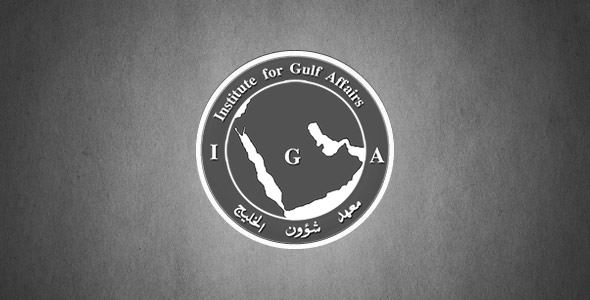Saudi Support? Questions Surrounding the Wealth of ISIS
By Sandra Mensah | November 12, 2014
ISIS appeared on the world stage in August 2014 with a series of horrific and gruesome beheadings. Soon thereafter, their astounding wealth was uncovered. A Foreign Policy article named the group, the “wealthiest terrorist organizations on planet,” and reports attributed that wealth to profits on oil trafficking and sales. Even now, their business shows no signs of waning. Business Insider confirms that ISIS now occupies territories that include 60% of Syria’s oil fields and several oil producing assets in Iraq. Though the wealth of ISIS is without question, whether governments in Middle East—home to several oil monarchies—have assisted in growing the wealth of the deadly terror group, ISIS.
The Usual Suspect
With the horrific actions of the group and their extraordinarily wealth, questions began swirling as to how that wealth was achieved. Saudi Arabia, a familiar name when it comes to terror financing, was an obvious suspect. A 2010 piece published by the Institute for the Analysis of Global Security stating, “it [was] no coincidence that so much of the cash filling terrorists’ coffers come from the oil monarchies in the Persian Gulf [because] oil and terrorism are entangled, ” revels why distrust of the oil monarchs exists. What’s more, the Muslim practice of zakat allows “Wealthy Saudi financiers and charities [to] fund terrorist organizations and causes that support terrorism and the ideology that fuels the terrorists’ agenda.”
Amid suspicions, Saudi Arabia’s made strides to discourage terror financing among its residents; recently designating ISIS as a terrorist entity, and thereby prohibiting Saudi residents from directly supporting the group. Despite their efforts, private individuals still find means of funneling money to the group. Lori Plotkin Boghardt of The Washington Institute for Near East Policy admits, “There is support for ISIS in Saudi Arabia, and the group [ISIS] directly targets Saudis with fundraising campaigns, so Riyadh could do much more to limit private funding.”
A History of Support
“The restrictive Islamist state is well aware of the actions of its wealthy terrorist financiers,” says one policy analyst at the Institute for Gulf Affairs. Saudi Arabia is the economic force behind radical Sunni Islam with a history of financing radical Sunni terror groups including the Taliban, al-Qaeda and Lashkar-e-Taiba. In fact, paraphrasing leaked memos of then US secretary of state, Hilary Clinton, Declan Walsh of The Guardian wrote, “Saudi Arabia is the world’s largest source of funds for Islamist militant groups such as the Afghan Taliban and Lashkar-e-Taiba – but the Saudi government is reluctant to stem the flow of money.” The memos included a passage in which Hilary Clinton acknowledges, “Donors in Saudi Arabia constitute the most significant source of funding to Sunni terrorist groups worldwide.”
The lack of Saudi policing of terror financers in their country complicates attempts to quash radicalized threats and establish democracy in the Middle East. And begs the question: would Saudi Arabia continue to stand by while its residents financially support the biggest terrorist threat to the West? History proves they would, and likely will again.



Comments are closed.